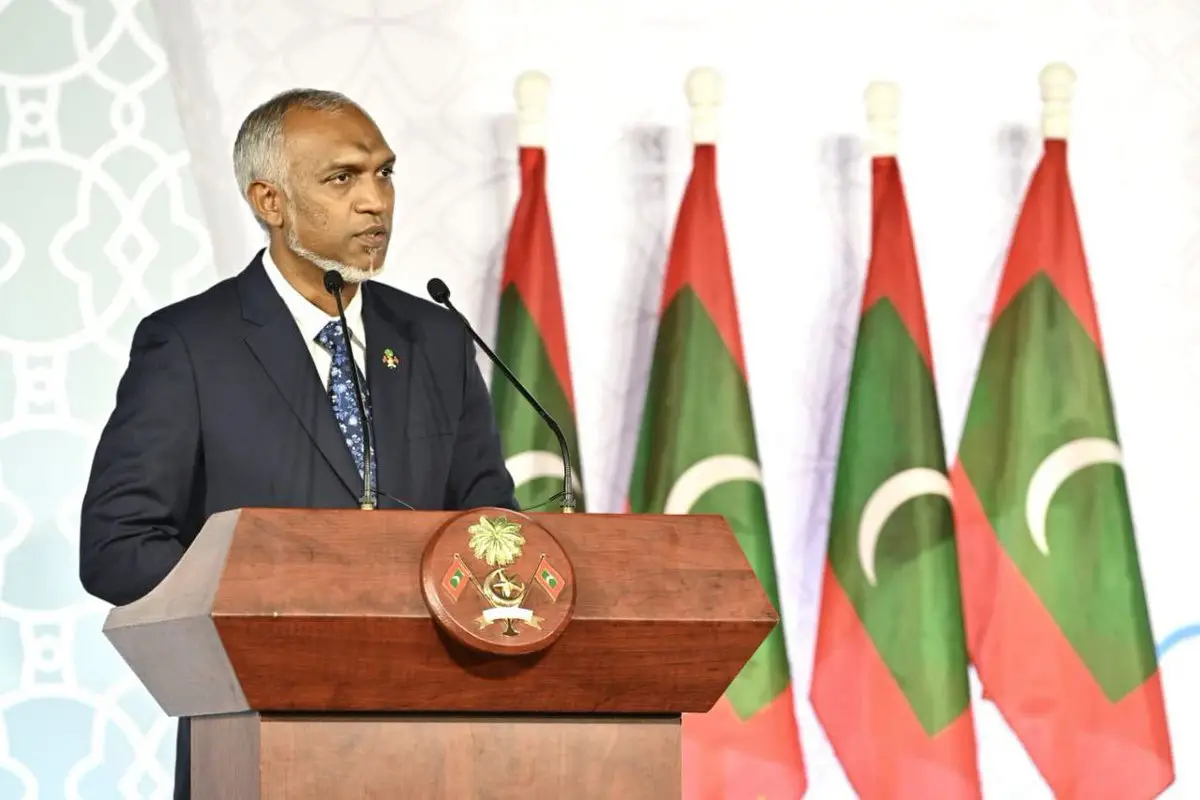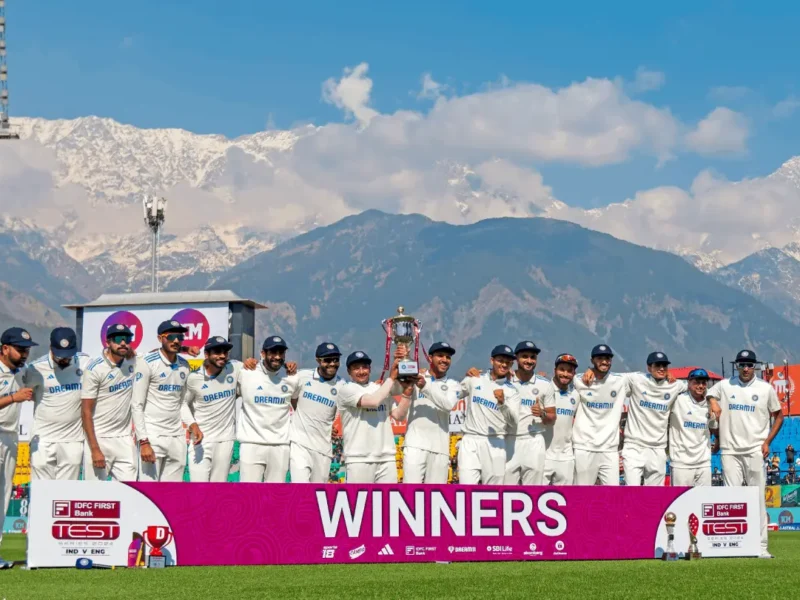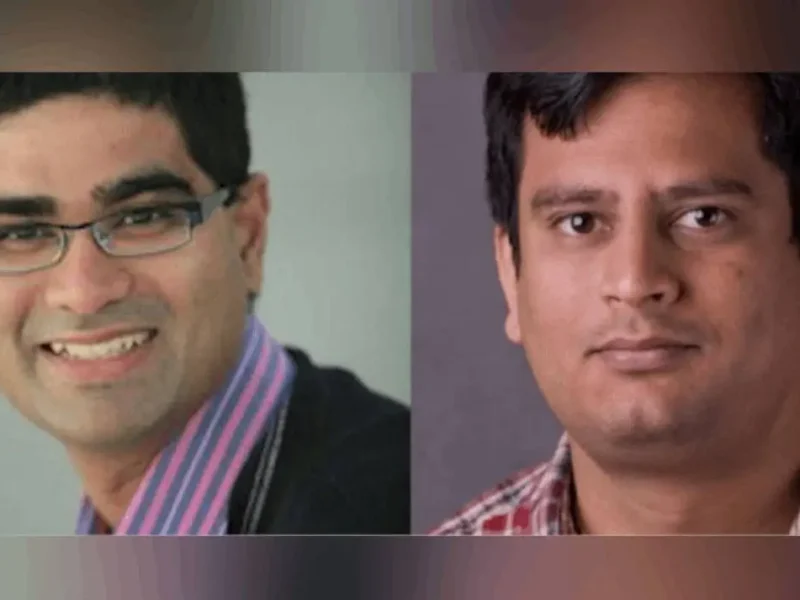
Geopolitics – India Aligning More With The US
By D.C.Pathak
NEW DELHI – The anti-India remarks made by Maldives President Mohamed Muizzu on returning home from a five-day high-profile state visit to China on January 13, go beyond what could be considered as the consequence merely of India’s known political support for his predecessor Ibu Solih in the recently held presidential poll in Maldives. They reflect a global trend of the rise of radicals in the Muslim world on the one hand and the impact of US-China polarization – indicating a new Cold War on the horizon – on the Islamic world, on the other.
The spread of ‘radicalization’ was accentuating the divide between the forces fiercely hostile to the US-led West and those Muslim countries who chose to be friendly with the US. The ‘war on terror’ that followed 9/11 proved to be a direct combat between the Islamic radical forces and the US-led West and helped the former to spread their hold on the Indian subcontinent, West Africa, and the Middle East.
The US-China polarization is pushing radicalized Muslim entities closer to China for political reasons.
The developments in Maldives are a part of the current geopolitics marked by the ascendancy of India as a major power that is friendly with the US, the deepening conflict between the US on the one hand and an ambitious China aspiring to become the second superpower, on the other and the anti-India narratives built by lobbies in India and abroad about the treatment of Muslim minority in the country. Significantly, some of the ministerial colleagues of Muizzu had earlier described India as a ‘puppet of Israel’ injecting a communal bias against secular democratic India and confirming their own ‘radicalized’ approach.
Maldives would likely add to the group of countries like Pakistan, Turkey, and Malaysia in the Organization of Islamic Conference (OIC) accentuating the divide between pro-US and ‘radicalized’ Muslim countries.
Mohamed Muizzu had contested the Presidential election in Maldives on an ‘India out’ platform opposing the ‘India First’ call of Ibu Solih and emerged victorious.
On return from China, President Muizzu – who broke the tradition of a newly elected Maldivian President making his first foreign visit to India – in an apparent jibe against India declared that “we may be small, but we are not in any country’s backyard – nor does it give any country license to bully us”.
Asserting that the Indian Ocean does not belong to any single country, he claimed that China-Maldives relations were based on respect for sovereignty, equality, and non-interference in internal affairs.
Muizzu announced a slew of measures aimed at curtailing the dependence of Maldives on India in key sectors including health care, food security and tourism.
China’s Indian Ocean footprint was visibly enhanced by the elevation of ties between Maldives and China to the level of ‘strategic partnership’ during Muizzu’s visit to Beijing.
On January 14, Muizzu stepped up his anti-India rhetoric by asking India to withdraw all Indian military personnel deployed in the Indian Ocean archipelago by March 15.
He reportedly directed the Maldivian delegation participating in the talks on the issue to inform Indian officials that the troops must be withdrawn by that date.
There are around 70 military personnel and a dozen medical hands assisting in flying and managing helicopters and in disaster management.
Muizzu has taken a strange stance – apparently attributable to Chinese influence – because India looked upon the Maldives as a key maritime neighbor in the Indian Ocean Rim (IOR) and gave it a special place in an initiative like SAGAR (security and growth for all in the region).
India will certainly find ways and means of countering any Chinese designs in the Indian Ocean – particularly any hostile activity pursued through China’s new-found friendship with Maldives.
The impact of radicalization on the Muslim world should not be underestimated.
Just as the ‘war on terror’ in Afghanistan led to the growth of Al Qaeda and Taliban, the US action in Iraq in 2003 enabled the Islamic State of Iraq and Syria (ISIS) to strike roots in the Iraq-Syria region.
ISIS had its origins in Al Qaeda in Iraq (AQI) and while ‘competing’ with Al Qaeda in furthering the cause of radical Islam, it attracted notice more for its hostility to the Shiites in the region on sectarian lines. This explains the intensity of ISIS opposition to the Alawite regime of Bashar al-Assad in Syria as well.
All Islamic radical outfits consider the US-led West as their prime enemy and for political reasons alone, may be inclined to be on the side of China in the latter’s rift with the US.
China is taking full advantage of this geopolitical environment to expand its influence. Its adjustment with the Taliban Emirate in Kabul – with the helping hand of Pakistan – enabled it to extend its Belt & Road Initiative to Afghanistan.
The new level of friendship struck by China with Maldives during Muizzu’s visit to Beijing saw the Maldivian President recording his appreciation for BRI and China extending a grant of MVR 2 billion to Maldives.
Islamic radicals are ‘revivalists’ who demand going back to the Puritan Islam of the period of the four ‘Pious Caliphs’ that brought no compromises and who advocate recourse to Jehad to restore the political hold and glory of the faith.
Western culture with its ‘corrupting’ influence and the Shiite ‘deviants’ are the prime targets of radicalized Sunnis. Interestingly, the Shiite regime of Ayatollahs in Iran is ideologically against Capitalism and is hence fundamentally against the US too.
Iran shares the antipathy that radicalized Hamas had towards Israel and this pretty much explains the active support extended by Hezbollah and Houthis to the former in the current Israel-Hamas confrontation.
It is a matter of concern that the post-Cold War era is witnessing a proliferation of proxy wars and cross-border offensives and an increasing trend of misuse of cyberspace for combat and destruction.
Technology can be used for both development and destabilization and rogue nations and non-state actors cannot be easily prevented from misusing technology.
India has in the follow-up on the G20 Summit already taken the initiative of calling an international conference to examine the issue of regulating the operations of Artificial Intelligence.
The phenomenon of proxy wars has been further complicated by the new trend of terrorists attacking the strategic and economic lifelines of the targeted country to economically weaken the opponent.
Further, ‘information warfare’ has become another new form of combat in which social media is used for peddling misinformation or building false narratives to bring down a legitimate regime or influence the outcome of a democratic election in a country.
Instigating separatism or an insurgency from outside is also a kind of external threat countries face today – India has seen this happening in both Kashmir and the Northeast. ITBP is a matter of great satisfaction that measures have been taken by the present Union Home Minister to curb Naxalism, terrorism and separatist movements, with good results.
Developments in the Maldives reflect the current geopolitics that features the US-China clash of interests, the Ukraine-Russia military confrontation, the Hamas-Israel conflict, the rise of Islamic radicals in the Muslim world, and a Sino-Pak axis that was active against India.
Prime Minister Narendra Modi has, by taking an independent stand on the Ukraine-Russia military confrontation and getting India to abstain from voting in UNGA on a US-sponsored resolution against Russia – while at the same time messaging the two warring sides that “this is not an era of war”, helped India to become an important voice in the world on issues of war and peace.
What is more, India has been able to establish that its relationship with the US would remain deep and irreversible despite its continuing bonds of friendship with Russia.
India has a clear sight of which side to be on, in the emerging polarization between the US and China, and has decided to take on the latter on LAC, on the marine front, and international platforms – it has already stepped up its role in Quad.
On the threat from Islamic radicalization and faith-based terrorism, India again is firmly with the US in dealing with the shared danger.
India has unequivocally condemned the terror attack of Hamas on Israel but has favored a ‘two-state’ solution in Palestine and restraint in the use of military power to avoid civilian loss of life.
As regards the Sino-Pak axis, India is prepared to deal with the two adversaries and foil their attempts to carry out covert operations against this country’s internal security.
Overall, there is clarity in Prime Minister Modi’s policy of getting the two largest democracies of the world – India and the US – to lead the democratic order against the perils of dictatorial and fundamentalist regimes.
Indo-US cooperation is touching new heights in the spheres of both security and economic development and is at the forefront regarding the application of new technologies including Artificial Intelligence to the same.
In a multipolar world order, India is rightly opting for bilateral and multilateral friendships designed to serve the mutual interests of the partners while preserving the cause of global peace. (IANS)




